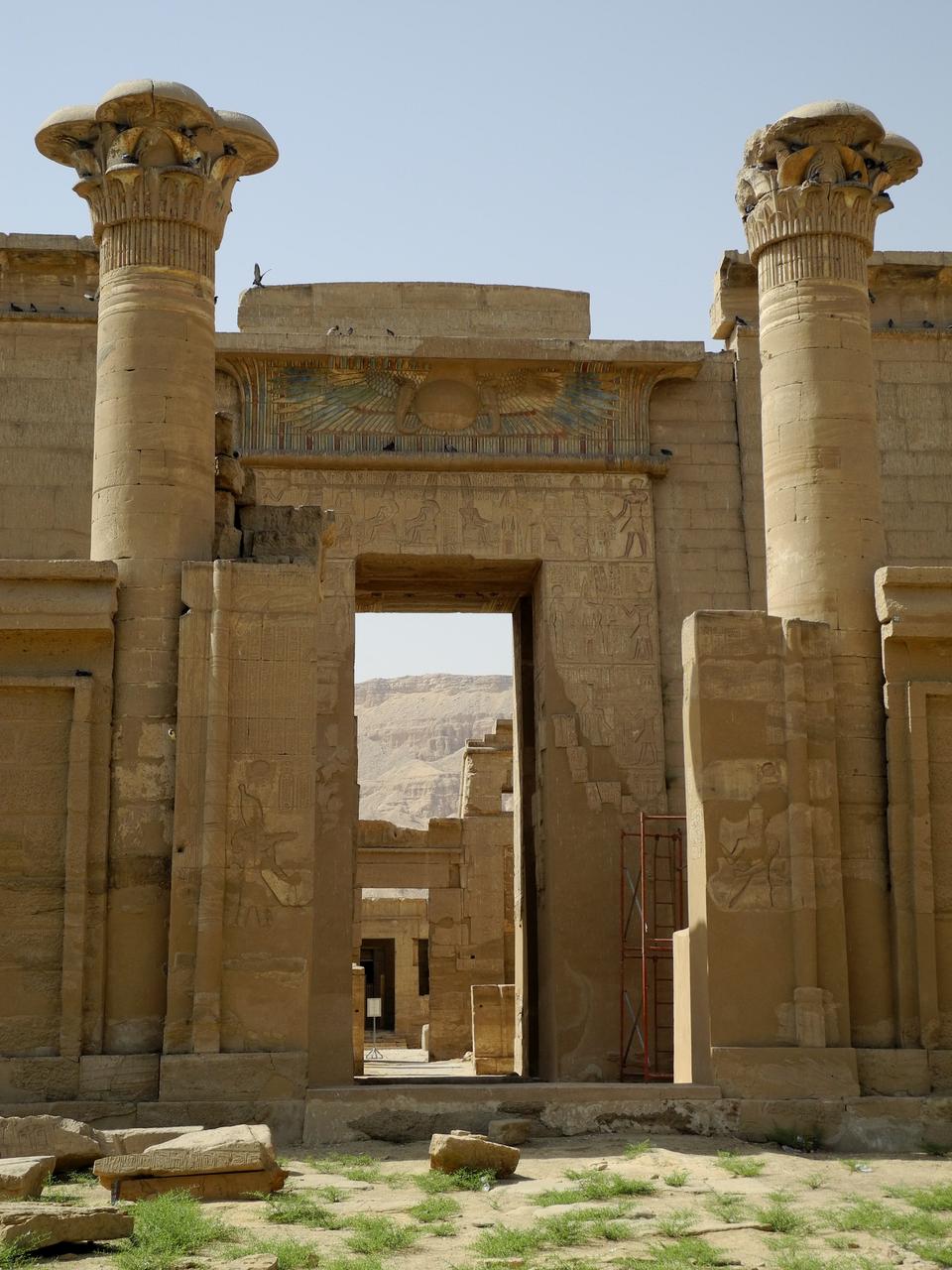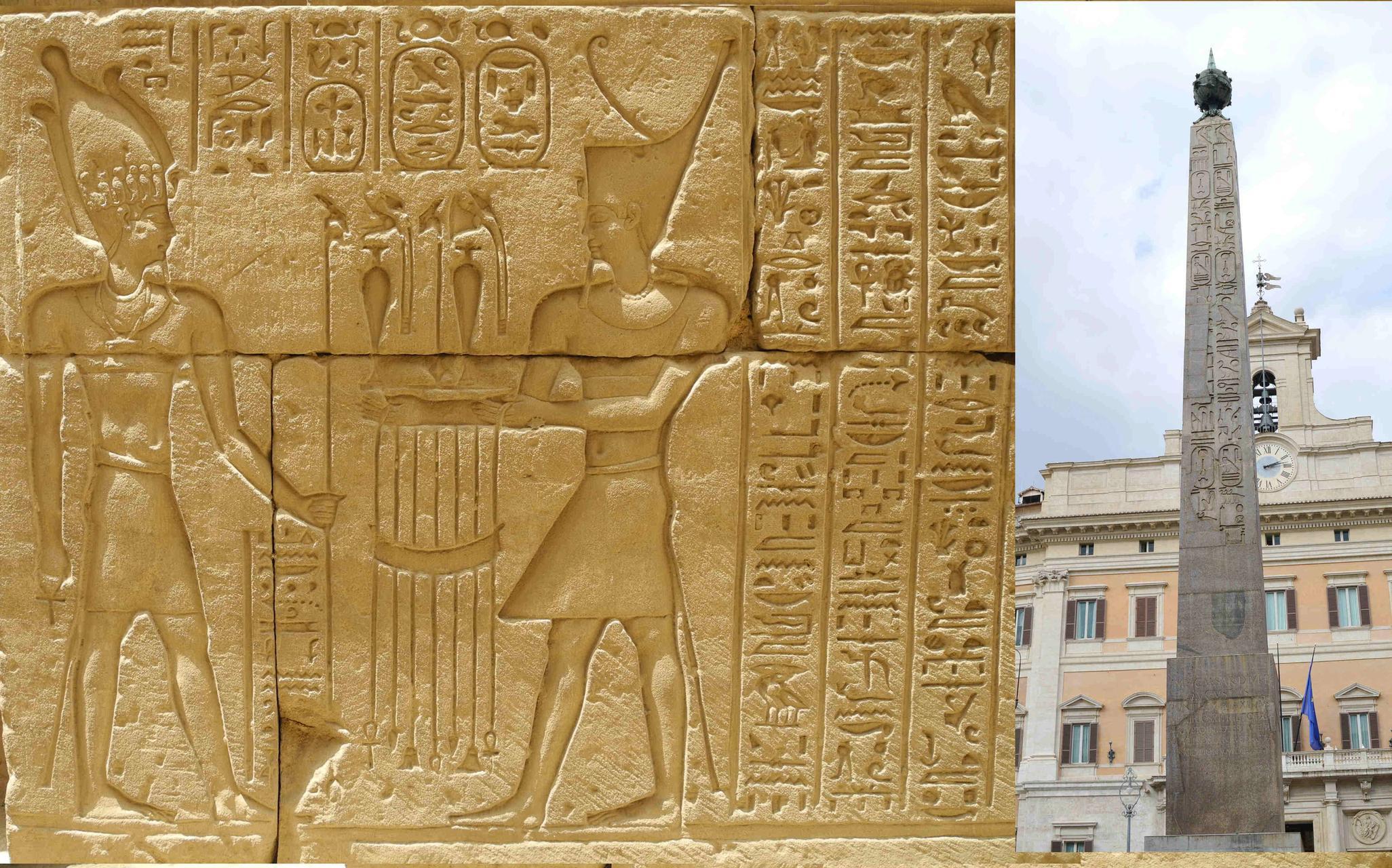The last three centuries of dynastic rule in Egypt followed the unexpected death of Alexander the Great. His general Ptolemy took power in Egypt and established a hybrid new Hellenistic-Egyptian monarchy, which combined Greek culture within the idioms and imagery of Egyptian pharaonic rule. Ptolemaic Egypt was characterized, to begin with, by its highly organized nature but also military posturing, and was never able to gain primacy among the other Hellenistic monarchies. Increasingly, the Ptolemaic rulers sought Roman support while allowing the Egyptian state to become enervated by war and internecine strife among dynastic members, leading to rebellion and discontent. Ptolemaic Egypt managed remarkable achievements in statecraft, architecture, learning, and art but unravelled in the face of a new power on which it had become dependent.

Small Temple gate of Medinet Habu
Booking and information
After registering, you will receive a confirmation email containing information about your booking. If you do not receive your email, then please check your junk folders before contacting the Egypt Exploration Society. You can now view and manage your bookings here.
Please ensure that you have read our guide to attending EES online events before the event begins.



